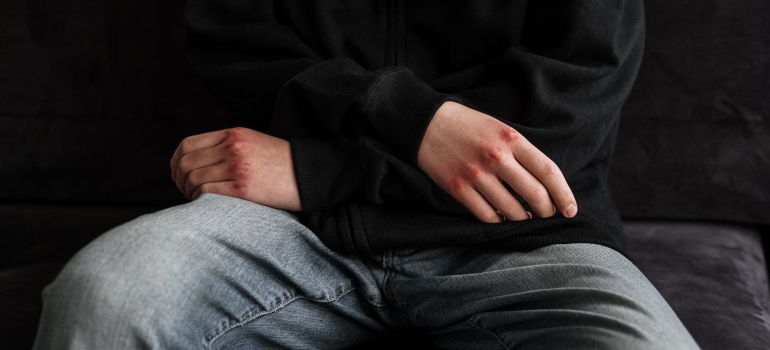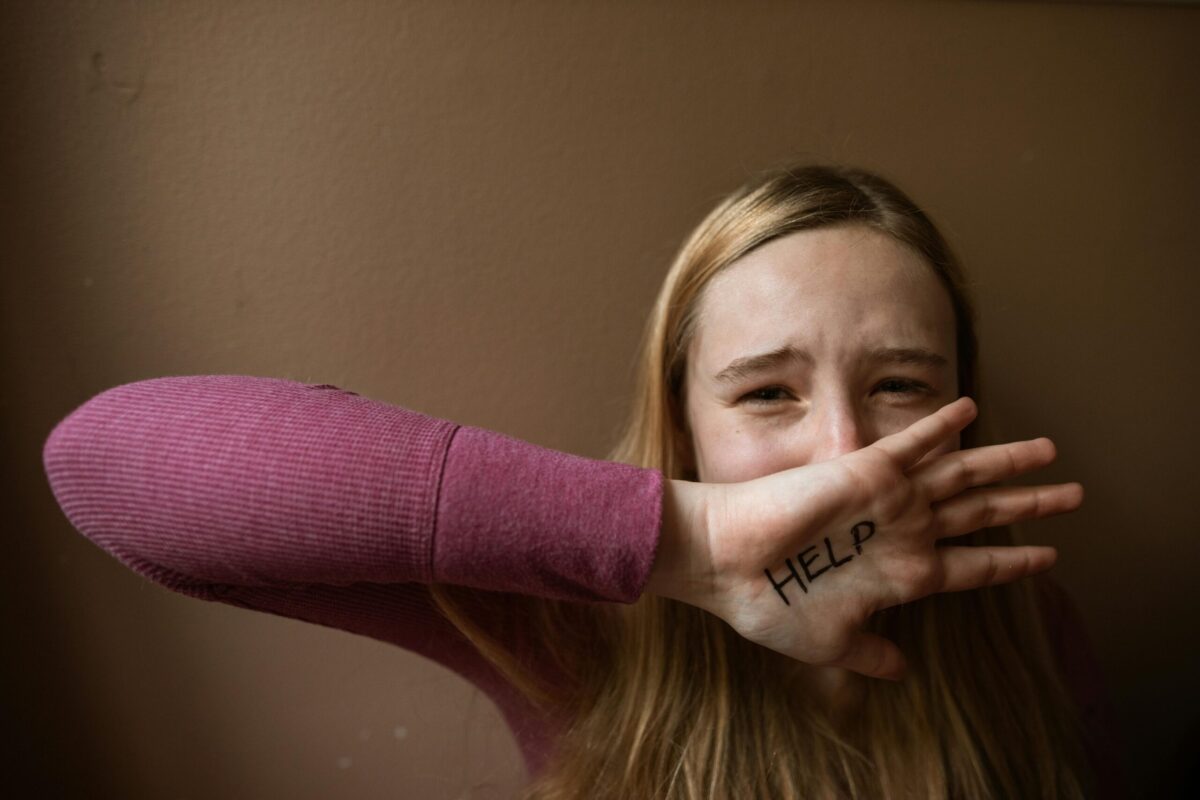PTSD, or post-traumatic stress disorder, is a mental health condition that develops after someone experiences or witnesses a terrifying event. While it’s commonly linked with military service and war, the truth is, PTSD isn’t just about combat. This assumption leaves many people suffering in silence, thinking their trauma doesn’t “count.” At East Point Behavioral Health in Massachusetts, we want to change that narrative. Everyday individuals — people who’ve never worn a uniform — can live with trauma that affects them just as deeply. In fact, we offer many mental health services in Massachusetts available for people dealing with PTSD rooted in non-combat experiences. Let’s explore how PTSD can take many different forms and why recognizing them is so important.
What is Trauma — And How Does It Lead to PTSD?
Trauma is any experience that overwhelms your ability to cope. It can be physical, emotional, or psychological. For some people, trauma might come from a single terrifying event. For others, it may be the result of repeated exposure to stress or harm.

But not all trauma causes PTSD. The key difference is how the brain and nervous system respond. When a traumatic experience goes unresolved or deeply overwhelms the mind, it can lead to long-lasting symptoms that disrupt everyday life. Understanding what kinds of trauma can lead to PTSD is important because the answer isn’t the same for everyone.
Some common types of trauma that cause PTSD include violence, loss, abuse, serious illness, or witnessing another person’s suffering. The severity and length of exposure both matter, but what really determines the outcome is how the body and mind process the event.
Recognizing Trauma Outside of Combat
You don’t need to go to war to develop PTSD. Every day events that can trigger PTSD are more common than many people think. A serious car accident, house fire, robbery, natural disaster, or unexpected death of a loved one can all shake a person to their core.
Medical emergencies or complicated childbirth experiences may also cause psychological trauma, especially when someone feels helpless or fears for their life. Even witnessing someone else’s suffering, like seeing a violent act or being a first responder, can lead to symptoms of PTSD.
If you’ve ever wondered, “What are examples of non-combat PTSD?” the truth is that the list is long. These events may not make headlines, but they still impact the nervous system, memory, sleep, and emotional regulation. PTSD doesn’t discriminate based on the situation—it depends on how deeply your body and brain were affected.
Childhood Trauma and Long-Term PTSD
One of the most overlooked causes of PTSD is childhood trauma. Living through emotional neglect, abuse, or constant instability during development can rewire how a child views the world. When a child doesn’t feel safe, loved, or protected, it creates internal stress that carries into adulthood.
Understanding how childhood trauma leads to PTSD helps explain why many adults struggle with anxiety, fear, anger, or emotional shutdown without a “clear” cause. The trauma may not have involved war or injury, but the long-term effects are just as real.

Sometimes, PTSD symptoms show up years after the original trauma. A person might not connect their current struggles to a childhood environment, especially if they’ve normalized what they went through. But trauma doesn’t always fade with time—it often waits until a trigger forces it to the surface.
Emotional and Relational Trauma that Often Gets Overlooked
Not all trauma involves physical danger. Emotional trauma that causes PTSD can come from things like repeated bullying, toxic relationships, verbal abuse, or betrayal by someone you trusted.
Breakups, divorce, or being manipulated or gaslit for years can erode a person’s mental stability. Workplace bullying, public humiliation, or being harassed online are also valid forms of trauma.
These experiences are often downplayed because there are no physical scars. But emotional wounds can last just as long—and sometimes even longer. It’s important to validate all kinds of pain. Just because something happened behind closed doors or didn’t involve physical harm doesn’t mean it wasn’t traumatic.
Signs You May Be Experiencing PTSD Without Realizing It
If you didn’t experience combat, you might not recognize your symptoms as PTSD. But many people suffer without ever naming it. So, can PTSD happen without combat experience? Absolutely.
Symptoms often include:
- Nightmares or flashbacks
- Panic attacks or ongoing anxiety
- Mood swings or emotional numbness
- Difficulty concentrating
- Avoiding places, people, or activities that remind you of the trauma
- Feeling “on edge” all the time or easily startled
Often, survivors of non-combat trauma question themselves. They may say things like “it wasn’t that bad” or “other people have had it worse.” But trauma isn’t a competition. When stress becomes something more serious, it’s time to seek help, regardless of the cause.
Seeking Help for Non-Combat PTSD
Healing from trauma doesn’t require a battlefield background. PTSD is valid no matter how it began. That’s why East Point Behavioral Health offers PTSD therapists in Massachusetts who specialize in all kinds of trauma.
Treatment often includes trauma-informed therapy, which means your care is guided by an understanding of how trauma affects the brain and body. This approach is supportive, safe, and focused on rebuilding your sense of security and control.

For those who prefer privacy or convenience, online trauma therapy is also available. This lets you connect with a licensed therapist from your home, which can be helpful if certain environments feel triggering or unsafe. No matter your story, there’s support available. You don’t have to prove your trauma to deserve help.
PTSD Isn’t Just About Combat – All Trauma Deserves Recognition and Support
At East Point Behavioral Health, we believe every form of trauma matters. Whether your pain comes from war, childhood, or personal relationships, it deserves to be seen, understood, and healed. PTSD isn’t just about combat — and it never was. If you recognize the signs in yourself or someone you love, don’t wait. You’re not overreacting. You’re not weak. You’re human. Reach out, explore your treatment options, and take the next step toward healing. Support is here for all who need it.



